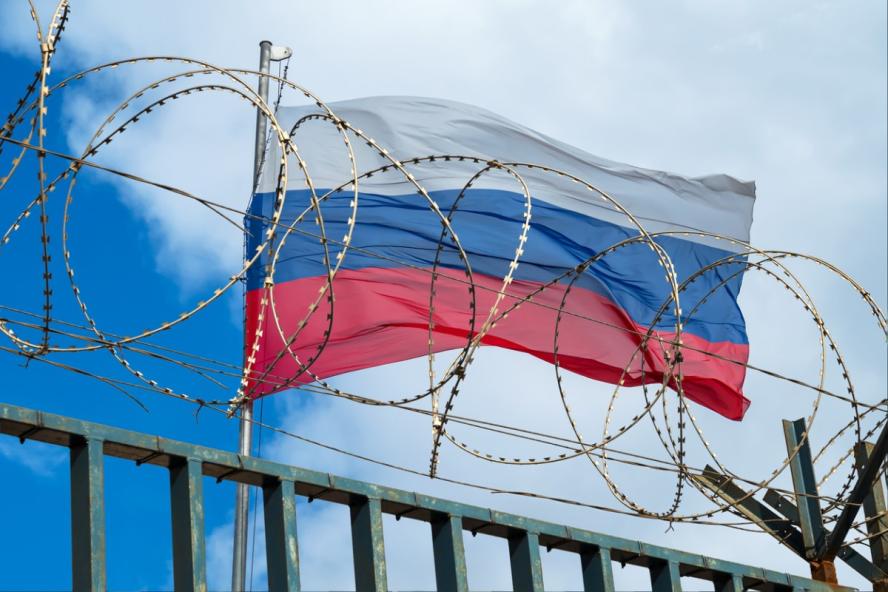-

Hear from Professor Monica Toft
Learn how Professor Monica Toft is shaping the study of global affairs and diplomacy at Fletcher.
Hear from Prof. Toft -

Explore Fletcher academics in action
Fletcher Features offers insights, innovation, stories and expertise by scholars.
Get global insights -
Get application tips right from the source
Learn tips, tricks, and behind-the-scenes insights on applying to Fletcher from our admissions counselors.
Hear from Admissions -

Research that the world is talking about
Stay up to date on the latest research, innovation, and thought leadership from our newsroom.
Stay informed -
Meet Fletcherites and their stories
Get to know our vibrant community through news stories highlighting faculty, students, and alumni.
Meet Fletcherites -

Forge your future after Fletcher
Watch to see how Fletcher prepares global thinkers for success across industries.
See the impact -

Global insights and expertise, on demand.
Need a global affairs expert for a timely and insightful take? Fletcher faculty are available for media inquiries.
Get in Touch
Russia Boycotts in the West Help Fuel Putin's Public Approval
Russia's invasion of Ukraine six months ago spurred growing calls to boycott anyone and anything Russian. Cancelling everything indiscriminately, however, comes with risks.

Arik Burakovsky, Assistant Director, Russia and Eurasia Program
Russia's invasion of Ukraine, which began on February 24, has spurred growing calls to boycott anyone and anything Russian as part of a global wave of condemnation. The rising bans across Europe and North America on Russian athletes, artists, performers, academics, and tourists — even those unaffiliated with the Kremlin — are meant to punish Russia and weaken its global influence. However, by closing lines of communication with Russia, these moves inadvertently aid President Vladimir Putin's efforts to isolate Russians, turn them against the West, and stifle internal dissent.
The unprecedented Western sanctions, export controls, and business retreats have crippled Russia's economy and defense industrial base over the last six months, making it increasingly challenging for Russia to sustain its assault on Ukraine. But beyond the economic retaliation and the sanctioned individuals and organizations, there have also been countless reprisals against Russian sports, culture, and science.
Some snubs have been directed against people and entities associated with the state. Russia was banned from taking part in the Eurovision international song contest. Two of the most prominent Russian opera stars, conductor Valery Gergiev and soprano Anna Netrebko, had their performances canceled in numerous countries because of their ties to Putin. Furthermore, Russia has been barred from a large number of international sports organizations and competitions. Some Western universities have also severed ties with Russia, where higher education institutions are usually controlled by the government.
Other cancellations have been broad and nonselective, assigning Russians "collective responsibility" for the war. Multiple international events, such as Wimbledon and the Boston Marathon, have banned Russian participants. Many Russians have faced harassment after relocating to Europe — even dissidents fleeing political persecution, independent journalists seeking refuge from censorship, school children, and university students. Some countries, such as the Czech Republic, Estonia, Latvia, Lithuania, Poland, and Finland, have significantly limited visas to Russian citizens. The EU now weighs abolishing the issuance of visas and closing the Schengen Area entirely for Russian travelers.
The manifold attempts to shun all things Russian might help undermine the Kremlin's international standing and appeal to voters demanding that "something must be done" about Russia. However, these measures do little to put domestic pressure on Putin, who has markedly ramped up repression to clamp down on antiwar protests. Instead of pushing more Russians to question the war and blame the Kremlin for their economic woes and alienation, the "cancel culture" has helped unite Russians behind Putin. His propaganda machine grabs every opportunity to point out examples of "Russophobia" and show Russians that the West hates them.
Since the onset of the hostilities, Russians' attitudes toward the United States, NATO, and the EU have sharply deteriorated. Despite their deepening apathy about what is happening in Ukraine, most Russians continue to say they support the "special operation," approve of Putin, and do not feel particularly bothered by sanctions. Putin regularly accuses Russians who do not support the military campaign in Ukraine of being "not real Russians" but rather "scum and traitors." Ironically, the most pro-Western and anti-authoritarian Russians are hurt the most by the boycotts. By canceling everything Russian indiscriminately, the West risks further hampering its capacity to reach Russians' ears, promote democracy and human rights, counter misinformation inside Russia, and encourage conflict resolution.

